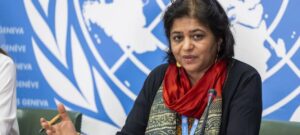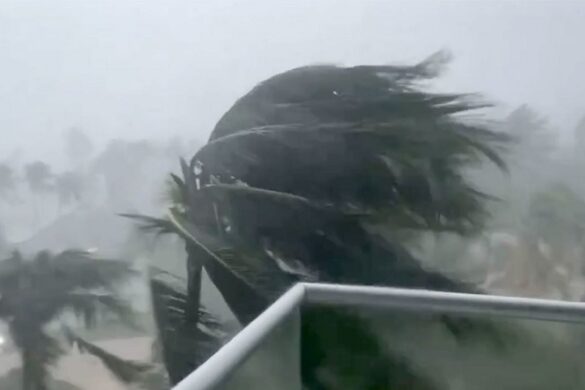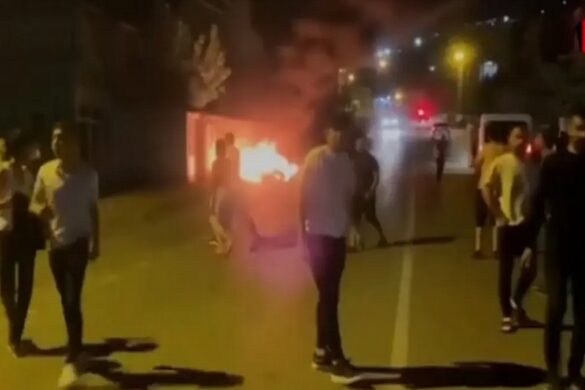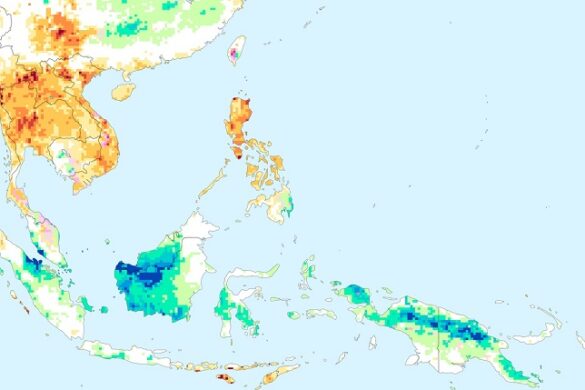
Harsh Penalties Continue for Protests in Iran
The Iran continues to impose harsh penalties on individuals accused of participating in government-critical protests, according to a commission appointed by the United Nations. Particularly alarming are the executions following coerced confessions.
Ten months after the death of 22-year-old Kurdish woman Mahsa Amini, an international investigation reveals that Iran persists in imposing severe penalties on individuals suspected of involvement in government-critical protests. The director of the United Nations-appointed investigation commission, Sara Hossain, reported before the UN Human Rights Council in Geneva that the execution of seven men, following expedited trials and confessions obtained through torture, is particularly disturbing.
The commission was established in November of last year after Amini died in the custody of the Iranian morality police. Although the body operates independently of the UN, it reports to the Human Rights Council. Amini was arrested by the morality police for allegedly violating the strict regulations on wearing an Islamic headscarf. Her death sparked nationwide protests, resulting in hundreds of deaths and thousands of arrests. Call to halt executions
According to Iranian authorities, 22,000 people have been pardoned in connection with the protests. However, Hossain stated that this implies that “many others are still detained or facing charges.” Official documents regarding the accusations against these individuals are non-existent. Those who have been pardoned are reportedly coerced into making confessions and are required to sign written commitments not to commit “similar crimes” in the future.
The investigation commission urged Tehran to halt the executions of protesters sentenced to death and to release those individuals who peacefully demonstrated or reported on the protests. Furthermore, Iran was called upon to cooperate with the UN investigators. “Lack of transparency” in investigations into Amini’s death
Hossain reported that Amini’s family’s right to truth and justice remains “unfulfilled.” She spoke of a “lack of transparency” in the investigations into the young woman’s death. Two journalists who were the first to report on the incident remain in detention.
The Secretary-General of Iran’s High Council for Human Rights, Kasem Gharib Abadi, dismissed the UN-commissioned investigations as “politically motivated and unacceptable.” He accused Western countries of fueling the demonstrations, partly through online networks.


